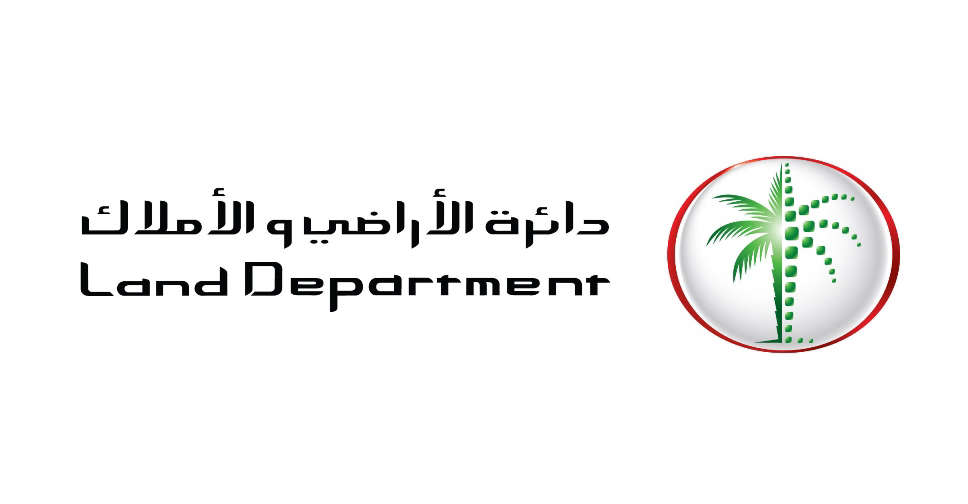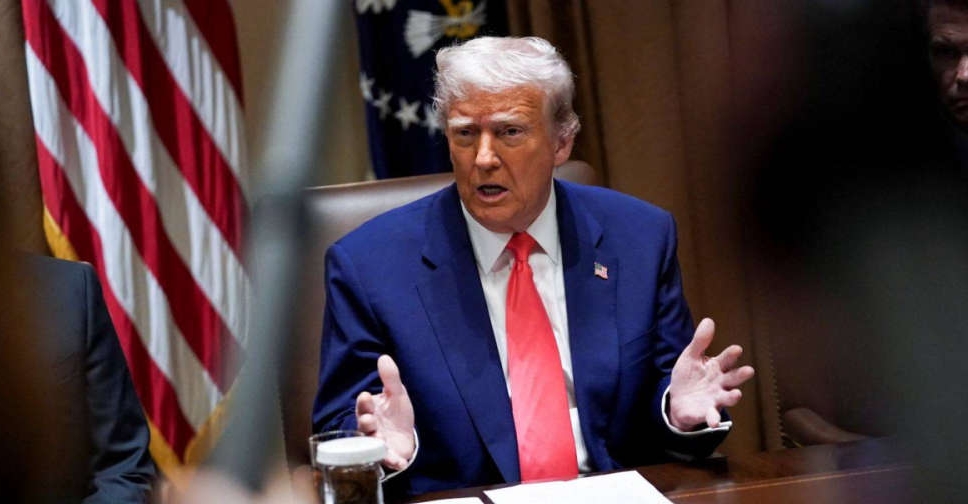
Over the 50 years since unification, the UAE has established solid foundations for a diversified and sustainable economy.
The country has also exerted significant efforts to transition to a knowledge-based economy by encouraging innovation and optimising the regulatory frameworks of key economic sectors.
In a new report titled 'The UAE: Data Documenting the Journey until 2020', the Federal Competitiveness and Statistics Centre (FCSC) revealed key facts and figures underscoring the country's economic growth during the past 50 years.
The full report will be released as the country mark's the Golden Jubilee.
The country’s GDP saw a significant rise from AED58.3 billion in 1975 to over AED1.3 trillion in 2020. The contribution of non-oil sectors to GDP surged from 43 per cent in 1975 to 83 per cent in 2020.
The discovery of oil in the 1950s helped the country achieve significant economic advancement.
The report also showed an increase in overall foreign trade from AED 11.5 billion in 1975 to AED 1.4 trillion in 2020, while foreign direct investments (FDI) in the country grew by 82 per cent, amounting to around AED 73 billion in 2020, compared to AED 40 billion in 2005.
The value of the country's FDIs abroad surged from AED 14 billion in 2005 to AED 69.5 billion in 2020.
Government spending, meanwhile, surged from AED 1.258 billion in 1975 to AED 442.386 billion in 2019.
Tourism is synonymous with the UAE, with the sector becoming a resounding success story; a leading international hub to which tourists flock from around the world.
The number of hotel establishments rose from 64 with 5,379 rooms in 1978 to 1,089 with 180,257 hotel rooms in 2020.
The operational capacity of the country’s hotel establishments has developed over the years. In 1979, the number of hotel guests was around 392,000, with stays totalling 1.02 million. In 2020, this number exceeded 14.882 million guests with total hotel stays of 54.3 million.
Total hotel proceeds in 2020 exceeded AED16.6 billion, marking a significant increase compared to 2005 when proceeds totalled AED1.5 billion.
Keeping pace with the stream of inbound residents and tourists, the energy supply had to be strengthened.
The total capacity of the UAE’s power plants increased from 482 megawatts in 1975 to around 35,000 megawatts in 2020, while the generated electric power exceeded 137,000 gigawatts per hour in 2020 compared to 1,467 gigawatts per hour in 1975.
The electricity generated by renewable energy plants has grown significantly in 2020 compared to 2009, rising from a mere 6 gigawatt-hours in 2009 to 5,476 gigawatt-hours in 2020.
In 2009, the total installed capacity of renewable energy plants was 10 megawatts, but in 2020, this jumped to 2,289 megawatts, a rise of 22,698 per cent.
Moreover, the report highlighted an increase in the quantity of desalinated water produced in 2020, reaching two billion cubic metres, a significant increase from 1983 when it stood at 256 million cubic metres.
In 2020, the number of wastewater treatment plants in the country stood at 125, an increase of 145 per cent over 2011, when there were only 51.
The volume of treated wastewater increased by 55 per cent in 2020, reaching 769 million cubic metres, compared to 498 million cubic metres in 2011.




 Dubai Land Department signs 11 agreements
Dubai Land Department signs 11 agreements
 Trump signals tit-for-tat China tariffs may be near end; TikTok deal on ice
Trump signals tit-for-tat China tariffs may be near end; TikTok deal on ice
 Mubadala announces $600M investment in Nord Anglia Education
Mubadala announces $600M investment in Nord Anglia Education
 Shein, Temu to hike prices under pressure from Trump's trade policies
Shein, Temu to hike prices under pressure from Trump's trade policies


